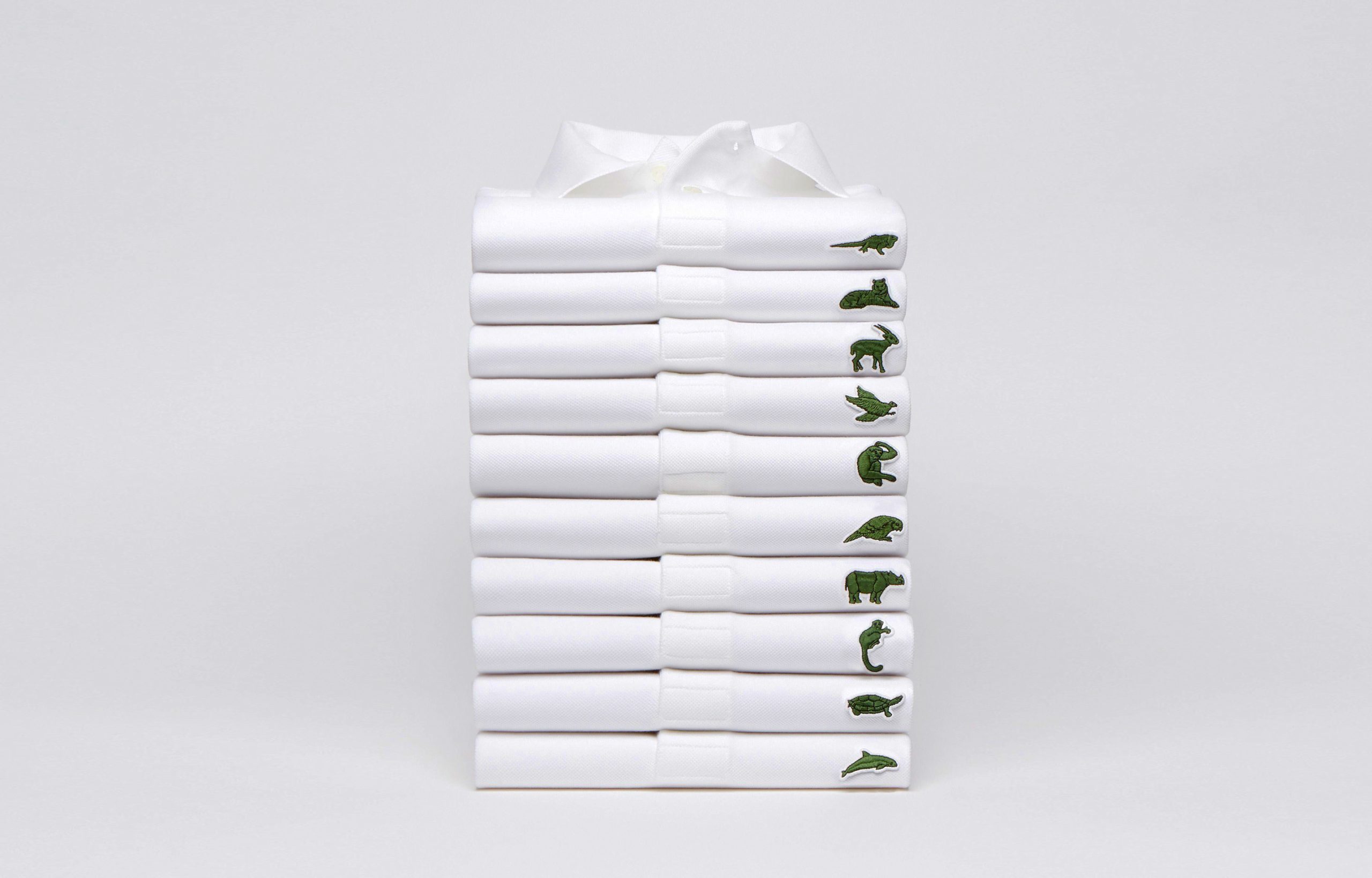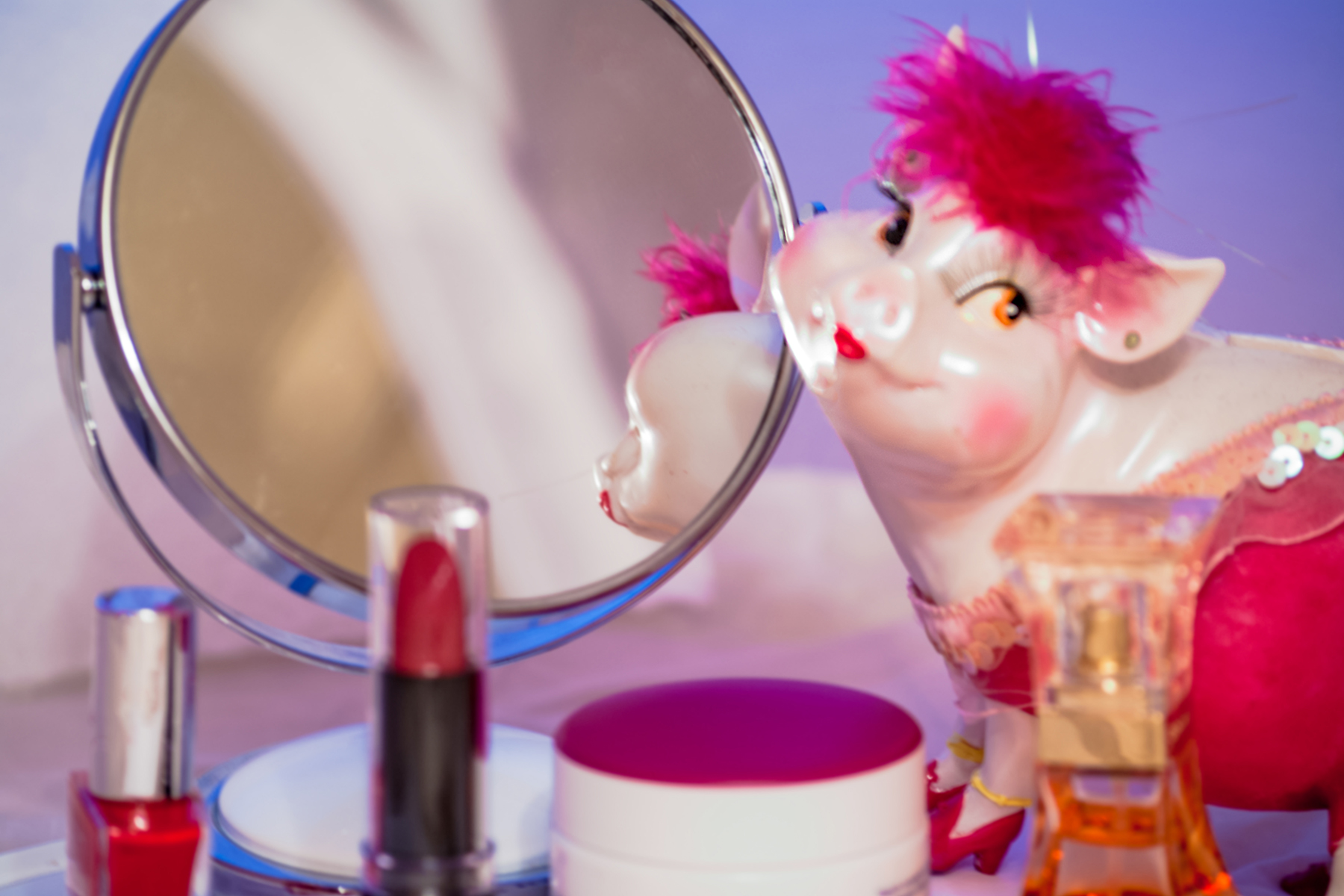Sustainability. That’s walking to work in the morning and turning the lights off when you leave, right? Well, not quite. In fact, sustainability stretches far beyond being an eco-conscious company. The sustainability movement is just as much about people, culture, wellbeing and society as it is about carbon and recycling.
Let’s start big. A great overview of the entire topic is the UN’s Sustainable Development Goals. It’s worth taking some time to read them because not only do they break it down into singular steps that are easier to understand, but they give a clear overall message that we can all get behind: Sustainability is making the world a better, safer and more equal place to live.
Why is sustainability important to brands?
Being environmentally conscious is nothing new. Every single one of us has at some point considered our impact on the world, and what changes we can introduce to our own lives to make it a better place. That might be something as small as using a ‘bag for life’ or something as big as fitting solar panels to your home.
But remember, we’re talking about more than plastic usage and green energy when we talk about sustainability. Today’s brands are not only incorporating wider social and environmental action into their external marketing, but their internal culture too.
A recent study from Stanford University showed that 67% of business school students want to see sustainability incorporated into their future roles. It’s clear that employees and customers alike are starting to vote with their feet when it comes to where they want to work or shop. Companies and brands seen to be standing still will ultimately be shunned for organisations who are making clear steps towards being a more sustainable entity.
For arguably the first time in history, we are seeing a combination of moral responsibility and human desire radically changing the way that businesses operate. So what are we saying here? What is the bigger picture if it’s not being a cleaner, greener company?
Being a sustainable business is:
- Being ethical in everything that you do
- Striving for consumer and employee wellbeing
- Delivering economic value
- Looking after the environment
- Being inclusive, diverse and accessible
- Understanding and following governance
- Building a business to last
Habits are changing. What can brands do about it?
Let’s start from the top. Using the list above or the UN’s Sustainable Development Goals, find out how you score. Examine your business and be super critical and mega analytical. How and where do you recruit? What have you been doing to reinvest in the local community? What kind of suppliers do you use? How do you support those with accessibility issues or disabilities? Are you offsetting your carbon?
By beginning with measurement, you can begin to see where the gaps are. Only then can you set targets. Some of these may be something as tangible as providing more space for bikes so that more of the team may cycle to work. Others might be supporting local causes in the community, or engaging in a reforestation scheme via someone like Ecologi.
Shout about it, but do it because you mean it
You can be forgiven for being a little jaded when it comes to big companies doing things ‘for good’. Let’s take Amazon for example. Switching their packing tape to one that’s entirely recycled is great. Giving workers on 12 hour shifts just a couple of bathroom breaks is not great. It’s a grotesque comparison but it’s real and it’s called greenwashing.
This is why it’s important that sustainability runs through your entire business like a thread. It’s holistic by nature, so it’s no good implementing one thing whilst failing at another. Customers will sniff out irregularities just like this, so bake your sustainability message and actions into your brand and marketing, and do it with sincerity. Do it because you want to do it, not because you feel you have to.
Any business should be a force for good. That’s surely why you started your company in the first place. Part of being a force for good, whether you manufacture products or provide legal services, is doing good.
And that’s where we find ourselves full circle. Sustainability at its very core, is doing good.
Getting started
If you’re still head scratching by this point, we’ve got a few pointers. First up, take a look at a couple of higher profile companies and what they are doing in terms of sustainability.
Patagonia will repair any piece of damaged clothing that you send back to them, as long as it has their name on it. This is a great example of supporting a circular economy and moving us away from the relentless forward march of fast fashion consumerism.
Ben & Jerry’s, despite being majority owned by Unilever, still take an activist stance against social injustice, inequality and environmental issues,
You’ll notice that that these two examples aren’t so much about the company itself (of course, they do the basics like turn the lights off, offset their emissions and such like), but instead, they are investing time, money and effort into figuring out what they can do to improve the longevity of a sale, or how they can lend their voice to changing the world. It’s an outward effort to improve people’s experiences in the world.
What if I’m a small brand?
A sustainable brand has meaning and purpose no matter what its size. A brand can be perceived as sustainable by credibly conveying its benefits in the smallest of ways. Perhaps it’s a percentage of all sales being donated to a good cause, a great example shown from our client Wilson Partners who do this through the B1G1 initiative. Another client of ours, Carless + Adams, recently produced a white paper to start some overdue conversations about sustainability in the care sector.
It can be more straightforward approaches too, such as simply switching to a fully remote working model. Or maybe it’s a live Ecologi dashboard so customers can keep up with your reforestation efforts — small things on their own but collectively they can make an enormous difference.
It’s more than just a warm feeling
It’s human nature to feel good after doing good. Why wouldn’t you want that fuzziness floating in and around your brand each and every day? In addition, you’re building trust and empathy with your audience. Customers will look at you and your efforts and favour you over the brand next door that hasn’t given sustainability a second thought.
Doing good is good for business.
It’ll give you more than just a warm feeling.
You can make the world a better place.
We’d like to talk more about sustainability over the coming months. We have some great examples of how our clients are progressing on their own sustainability journeys, so be sure to keep an eye on our blog and social feeds.
See you next time.
back to all news or you may also be interested in the news below:
TWEET OR TWO
To ensure you stay in the loop and receive our news, updates and general musings hot off the press, follow us on Twitter now. We promise not to bombard you!




